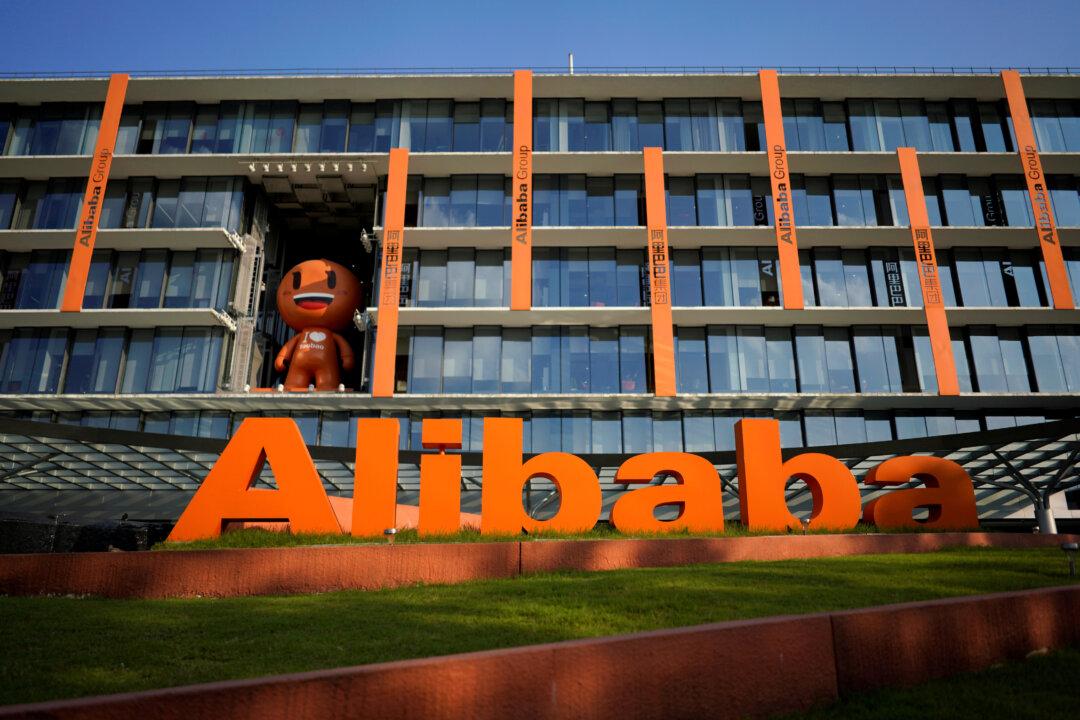News Analysis
Alibaba Group is expecting tough times, as the once high-flying stock of China’s biggest e-commerce company has also been grounded in recent months, declining 30 percent since reaching all-time highs on June 14.

Alibaba Group is expecting tough times, as the once high-flying stock of China’s biggest e-commerce company has also been grounded in recent months, declining 30 percent since reaching all-time highs on June 14.